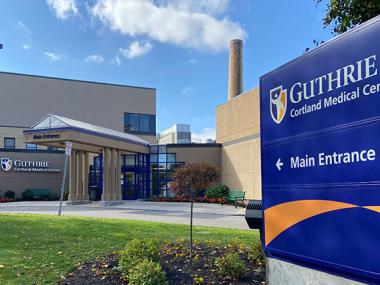Common Issues with the Pelvic Floor
Pelvic muscles support pelvic organs, control bladder and bowel function, as well as play a role in sexual health. But like any other muscle, a variety of anatomical and hormonal changes can affect pelvic floor strength and tone in patients, including:
- Childbirth
- Menopause
- Obesity
- High-impact exercise
- Heavy lifting
- Pelvic/abdominal surgery
- Post-prostatectomy
- Straining during constipation
- Trauma
These changes can lead to:
- Constipation
- Urinary and fecal incontinence (loss of ability to hold urine and feces)
- Urinary frequency (need to urinate often)
- Urinary and fecal urgency (need to urinate or defecate often)
- Pelvic pain (pelvic floor, vaginal, rectum, lower abdominal, perineal, vulvar, penial, scrotum, pelvic organ prolapse, and pain with sexual activities)
What is Pelvic Floor Therapy?
We understand that every person is different and requires a unique approach that addresses all aspects of your lifestyle. Your goals may include:
- Learning about self-care and exercises
- Decreasing pain
- Improving bladder and bowel control
- Improving the quality of your life
What to Expect with Pelvic Floor Therapy at Guthrie
Following a discreet, comprehensive exam and initial consult, we will work with you on a plan of care, which may include:
- Postural and relaxation exercises
- Pelvic muscle assessment to determine pain, weakness, tension, or lack of coordination
- Pelvic floor muscle biofeedback – learn to control your body’s responses to increase control and awareness
- Education about anatomy, products, bladder habits, hydration, and nutritional elements that can affect bowel and bladder health
- Ongoing development of a personalized home exercise program




